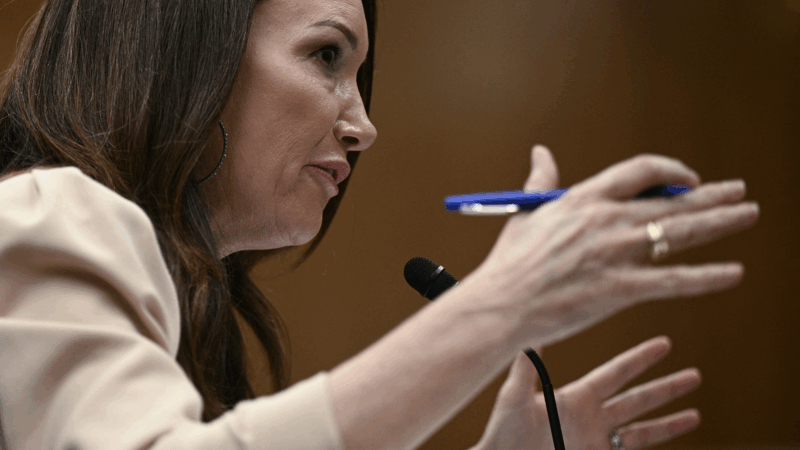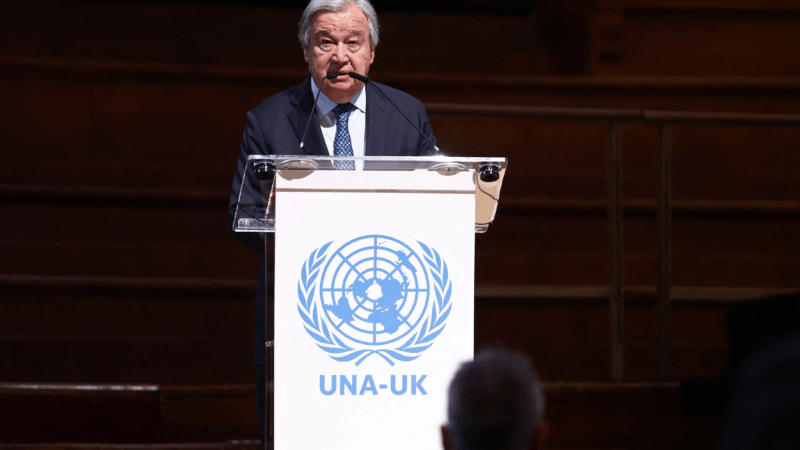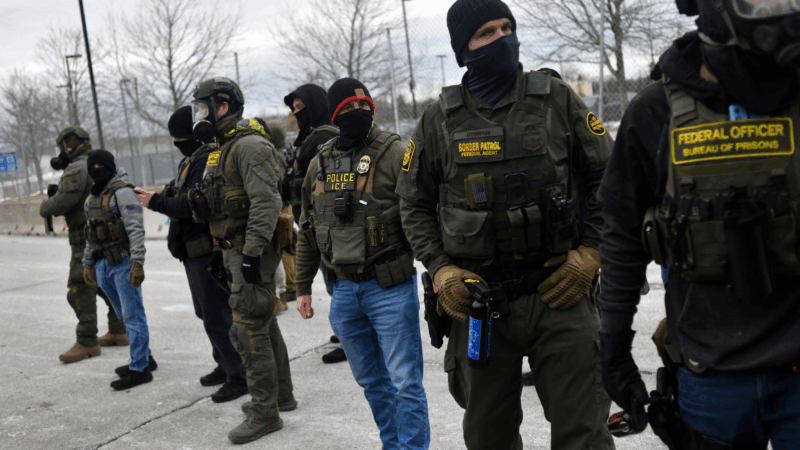USDA chief says agency is trying to fill key jobs after paying 15,000 to leave
In testimony on Capitol Hill on Tuesday and Wednesday, Secretary of Agriculture Brooke Rollins confirmed that the U.S. Department of Agriculture is now looking to fill critical positions, after agreeing to pay more than 15,000 employees’ salaries and benefits through September in exchange for their resignations.
“We are actively looking and recruiting to fill those positions that are integral to the efforts and the key frontlines,” Rollins told members of the Senate Appropriations Committee on Tuesday.
USDA is among the agencies that twice invited employees to quit their jobs through the deferred resignation program — once in late January when the deal was presented to nearly the entire federal workforce, and again for a short window in April. The Trump administration has leaned heavily on the deferred resignation program as it seeks to dramatically downsize the federal workforce.
But the need to fill positions so soon after letting people go has raised questions, including from Sen. Patty Murray of Washington, the top Democrat on the Senate Appropriations Committee.
“So you let people go and you’re looking for new people to fill the positions that they had experience in?” Murray asked.
“We’re having those discussions right now,” Rollins responded, while noting that 15,000 employees represents less than 15% of USDA’s workforce and that the department loses 8,000 to 10,000 employees every year through attrition.
Still, Rollins invited some of those who took the deferred resignation offer to return.
“If they want to come back, and if they were in a key position, then we would love to have that conversation,” she told lawmakers.
Earlier, NPR reported that just a day after employees of USDA’s Animal and Plant Health Inspection Service (APHIS) had left their jobs through the deferred resignation program, human resources sent an email to remaining employees offering them an opportunity to apply for 73 open positions, including ones newly vacant.
One employee who had taken the deferred resignation deal was furious to learn their job was on that list. They had not wanted to resign from their job but felt forced to do so after repeated warnings of mass layoffs ahead. The employee asked to remain anonymous out of fear of reprisal for speaking with the media while still on paid administrative leave.
At Tuesday’s hearing, Rollins acknowledged some mistakes may have been made along the way but insisted that people in key positions were not accepted in the second round of the deferred resignation program.
“We are very intentionally approaching this. Have we done it perfectly? No. Any type of wholescale change and big effort to basically realign an entire government agency is difficult,” she said. “We’re working every day to solve for a lot of this, and I think we’re making a lot of really good progress.”
On Wednesday, Rollins went further, denying that anyone at APHIS had been allowed to accept deferred resignation, or DRP, in April.
“In the last round, we did not accept any DRPs from anyone in [Farm Service Agency] offices or APHIS offices or state veterinarians,” Rollins said at a budget hearing of the House Appropriations Committee.
Her assertion is at odds with another account from an APHIS employee whose separation agreement was seen by NPR. NPR agreed not to name this employee because he also fears retaliation for speaking with the media while on paid administrative leave.
He described seeing stressed IT staff dealing with piles of laptops and cell phones turned in by those departing the government last Wednesday. He added his to the pile.
Armando Rosario-Lebron, a vice president with the National Association of Agriculture Employees, which represents employees in APHIS’ Plant Protection and Quarantine program, believes several hundred of its bargaining unit members could have accepted the deferred resignation offer in April.
USDA did not immediately respond to NPR’s questions about the discrepancy between Rollins’ testimony and these employees’ accounts.
High-speed trains collide after one derails in southern Spain, killing at least 21
The crash happened in Spain's Andalusia province. Officials fear the death toll may rise.
United Nations leaders bemoan global turmoil as the General Assembly turns 80
On Saturday, the UNGA celebrated its 80th birthday in London. Speakers including U.N. Secretary-General António Guterres addressed global uncertainty during the second term of President Trump.
Parts of Florida receive rare snowfall as freezing temperatures linger
Snow has fallen in Florida for the second year in a row.
European leaders warn Trump’s Greenland tariffs threaten ‘dangerous downward spiral’
In a joint statement, leaders of eight countries said they stand in "full solidarity" with Denmark and Greenland. Denmark's Prime Minister Mette Frederiksen added: "Europe will not be blackmailed."
Syrian government announces a ceasefire with the Kurdish-led Syrian Democratic Forces
Syria's new leaders, since toppling Bashar Assad in December 2024, have struggled to assert their full authority over the war-torn country.
U.S. military troops on standby for possible deployment to Minnesota
The move comes after President Trump again threatened to invoke the Insurrection Act to control ongoing protests over the immigration enforcement surge in Minneapolis.







